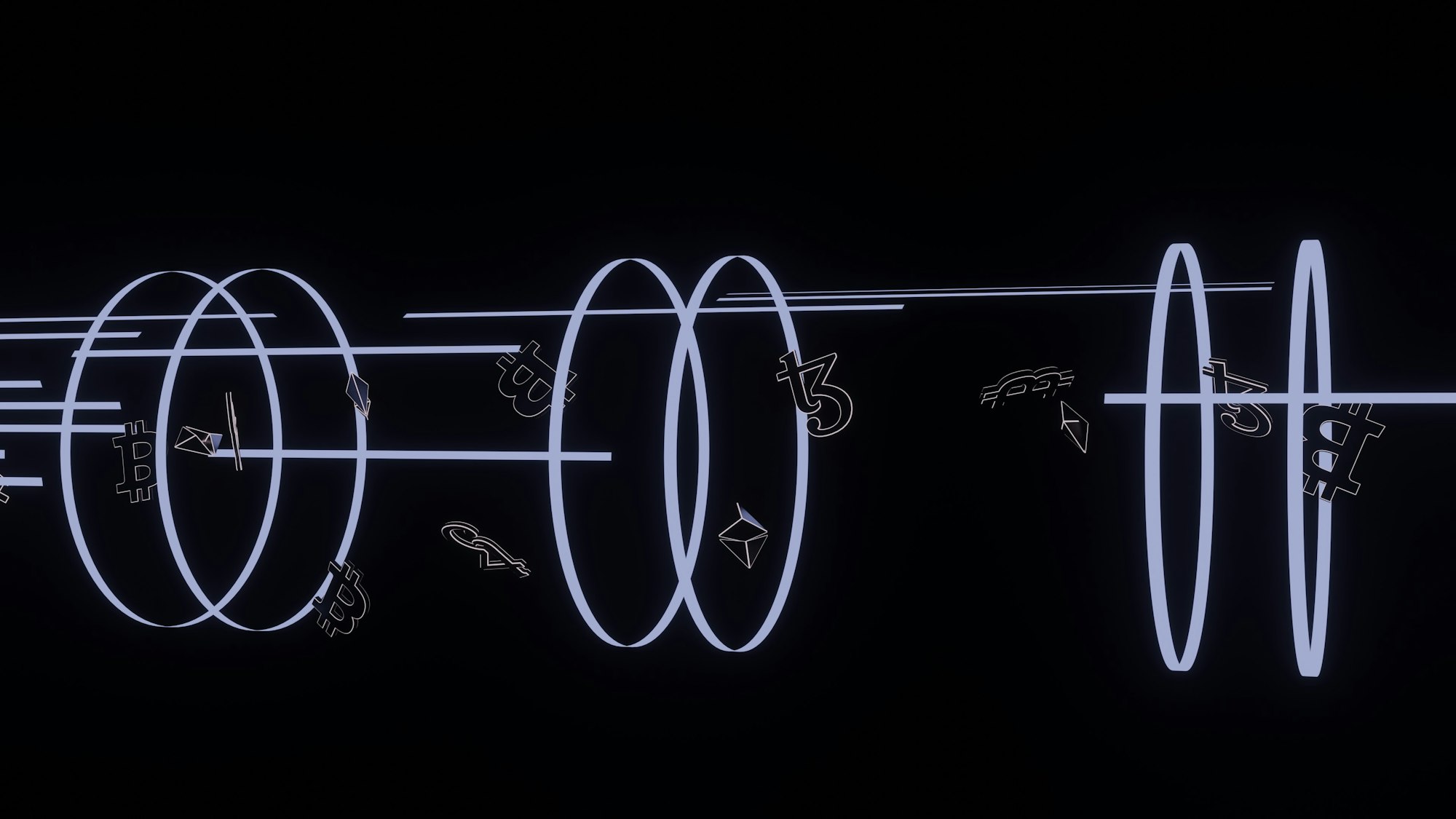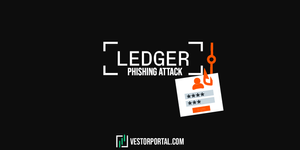What are Blockchain Bridges?

With a Blockchain Bridge (Cross-chain bridge) you can connect two different blockchain. This can be used to send cryptocurrencies from one blockchain to the other. If you for example have Bitcoin on the Bitcoin blockchain but you want to use it on the Ethereum Blockchain, you can bridge your Bitcoin from the Bitcoin Blockchain to Ethereum.
When the technology of blockchains first started there was the big problem of them being inable to work together. Each blockchain is designed to only work within its own limits and walls.
This problem was later solved by blockchain bridges by enabling token transfers, smart contracts abd data exchange, and other instructions between two independent networks.
The cross-chain bridge acts as a sort of neutral zone between two different blockchains that mint different coins and operate on different sets of rules.
This concept is similar to Layer 2 solutions even thought the two systems have different purposes. A Layer 2 Protocol is built on top of an existing blockchain.
Trust-Based vs. Trustless Blockchain Bridges
A important downside of blockchain bridges is that they are centralized. Users need to give up control of their assests which they want to bridge to another blockchain.
Trust-based bridges are fast and an economical option when you want to transfer a large amount of crypto. But there is only a few reliable services.
Trustless Bridges are decentralized blockchain bridges that try to make users feel safer when transferring their coins. These cross-chain bridges operate just like an blockchain of its own with individual networks pitching in to validate transactions. The only downside with trustless bridges is that the service is freelance-based - they are only paid to process your request and not to fix any incidents.


